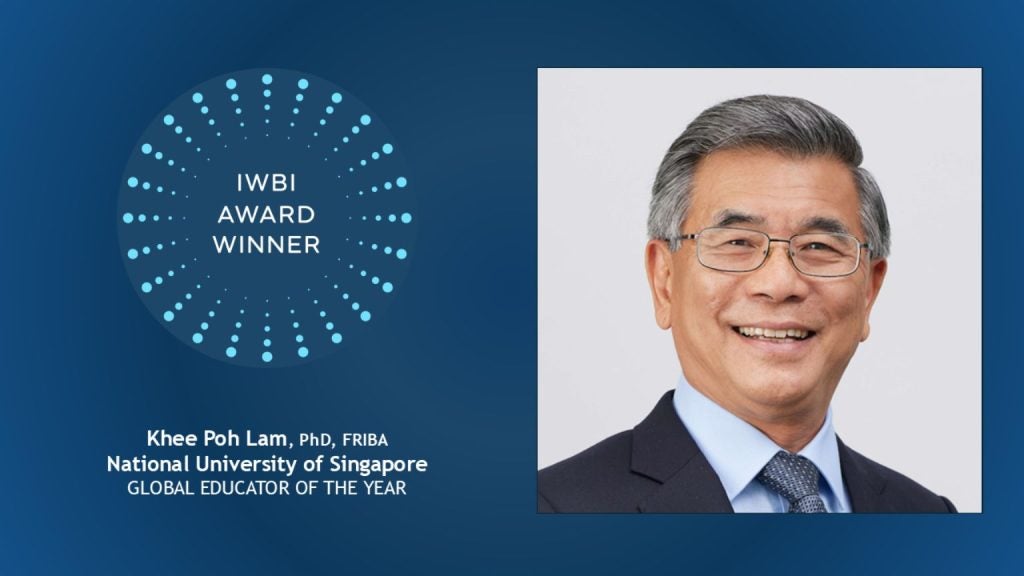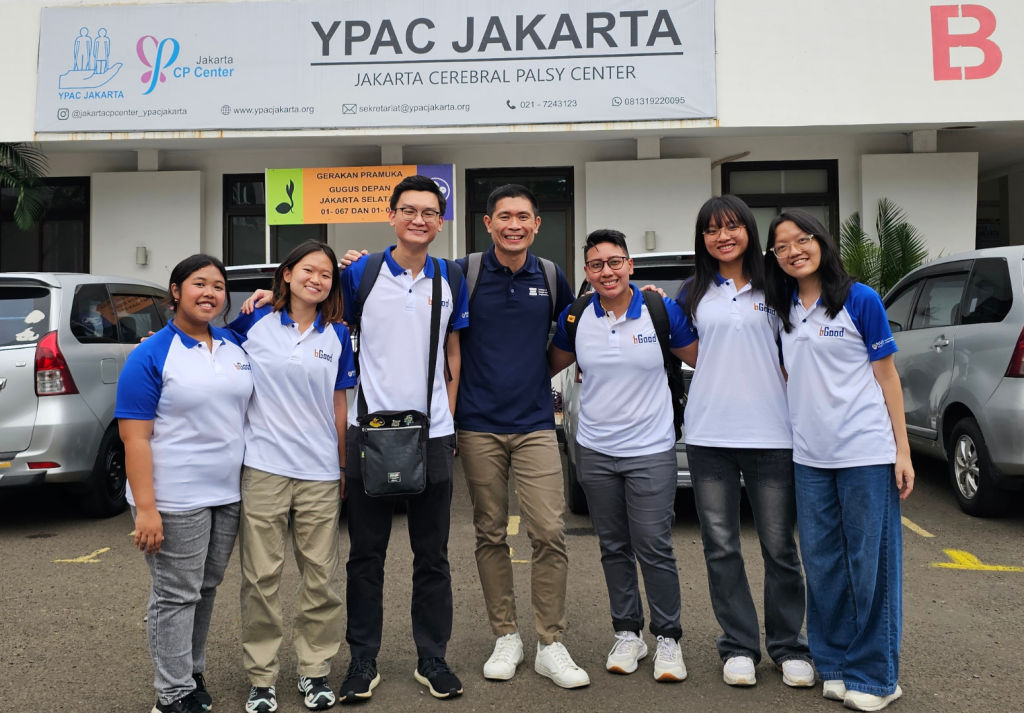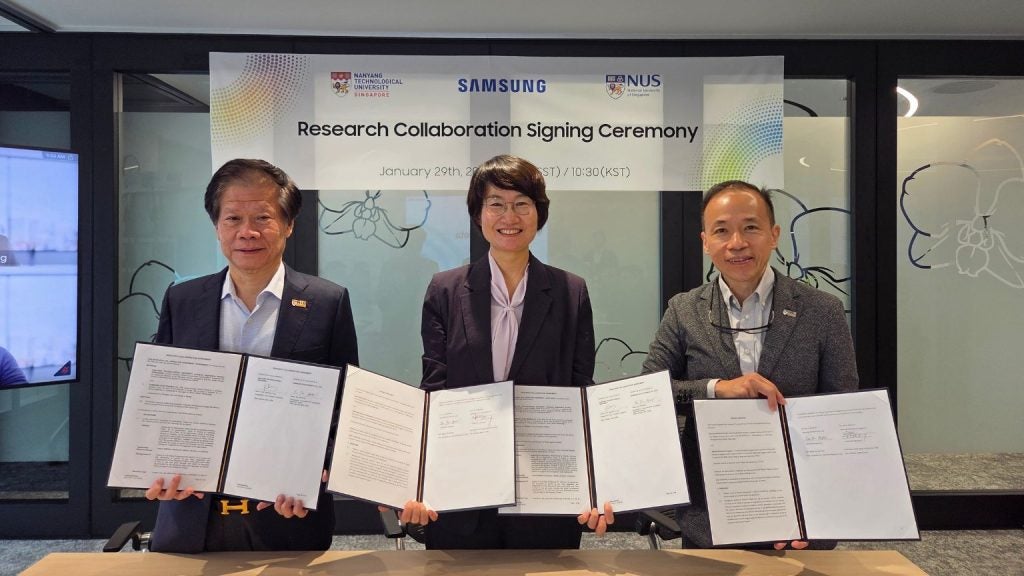![max-hulsey Max says he aims to continue his work on combining thermal and electrocatalysis for the carbon-neutral production of chemicals and fuels from greenhouse gases [Image: Schmidt Science Fellowship]](https://cde.nus.edu.sg/wp-content/uploads/2021/04/max-hulsey.png)
Max Hülsey, a PhD student with the Department of Chemical and Biomolecular Engineering, has been awarded a prestigious Schmidt Science Fellowship.
Max is the first NUS researcher to receive the award and only the second to come from an Asian university.
Established in 2018, the Schmidt Fellowship is a STEM postdoctoral fellowship awarded annually by Schmidt Futures in partnership with the Rhodes Trust with the mission to accelerate discovery through interdisciplinary science.
It aims to support early career scientists and engineers to advance solutions to the world's most pressing problems, including climate change, infectious disease and biodiversity loss.
Max's research at NUS has focused on model single-atom catalysts to understand catalytic function better and to guide the design of improved catalysts for uses such as car exhausts and the conversion of biomass to renewable liquid fuels.
He aims to continue his work on combining thermal and electrocatalysis for the carbon-neutral production of chemicals and fuels from greenhouse gases.
"The Schmidt Science fellowship allows me to pursue high-risk research at the boundaries of traditional disciplines," said Max after receiving the award. "I am excited to join this lifelong community of fellows that provide incredible opportunities to interact and collaborate with researchers from diverse backgrounds but one shared goal - global change."
Schmidt Science Fellows undertake a year-long postdoctoral placement with a renowned scientific lab following the completion of their PhD and receive a stipend of US$100,000 for their living expenses.
The placements represent a significant pivot from their PhD topic and are central to the fellowship's aim to foster greater interdisciplinarity.
The programme is funded by former Google chairman and CEO Eric Schmidt and his wife Wendy Schmidt.
In a statement announcing the recipients of the 2021 fellowhips, Eric Schmidt said: "At Schmidt Futures, we believe the key to a better future is investing in talented people, connecting them in a network, and giving them the resources to do more together than they could ever do alone."
For more on this, click here to go to the Schmidt Science Fellows website.





